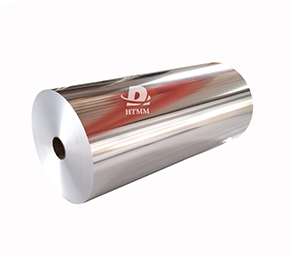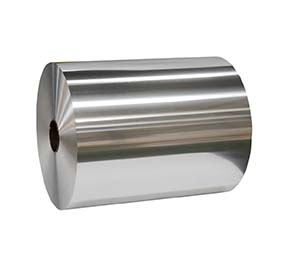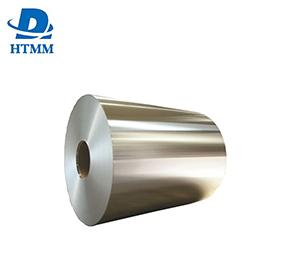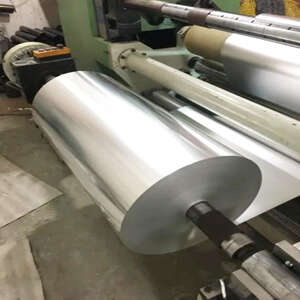 Due to its exceptional barrier qualities, lightweight nature, and adaptability, aluminum foil is a vital component of many different industries. 1235 aluminum foil is unique among the various varieties of aluminum foil, particularly for uses requiring a thin, flexible substance. The properties, benefits, and many uses of 1235 aluminum foil will be discussed in this article. Its particular applications include flexible packaging foil, aluminum flexible foil, and foil with a thickness of 7 microns.
Due to its exceptional barrier qualities, lightweight nature, and adaptability, aluminum foil is a vital component of many different industries. 1235 aluminum foil is unique among the various varieties of aluminum foil, particularly for uses requiring a thin, flexible substance. The properties, benefits, and many uses of 1235 aluminum foil will be discussed in this article. Its particular applications include flexible packaging foil, aluminum flexible foil, and foil with a thickness of 7 microns.Aluminum foil that contains at least 99.35% aluminum is known as 1235 alloy aluminum foil. Its exceptional conductivity and formability, which are a result of its high purity level, make it perfect for a wide range of applications. A series of aluminum alloys known as "1235" are distinguished by a surface state that is better than that of 8079 and 8011 alloys. Our 1235 alloy aluminum foil has the benefit of having an aluminum content exceeding 99.35%, which preserves the properties of the aluminum material. When 1235 aluminum foil is used to package food, it helps it resist corrosion better and keep its integrity for a longer period of time.
Flexible packaging is one of the most significant uses for aluminum foil with a 7mic thickness and 1235 alloy. Because of its superior barrier qualities, aluminum soft foil is frequently used in the food and beverage industries to preserve the product's quality and freshness. Paper-aluminum-paper sandwich (PAP), aluminum-polymer-aluminum composites, and foil film laminates are examples of common laminates. For the finished laminated items, such as food packaging, home packaging, pouches and other packaging films, and liquid drinks, the foil layer serves as an efficient moisture and grease barrier in addition to having ornamental purposes.
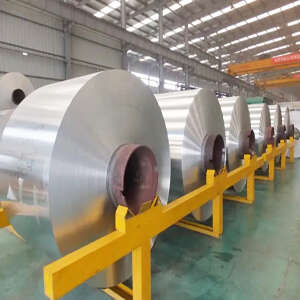
7Mic thick aluminum foil is more expensive than thicker aluminum foil. Because of its thin thickness, it first undergoes multiple rolling processes during the production process, and then it may consume more material to provide the quality of the finished product. HTMM can provide you with 6~30MIC thickness composite foil.
We use Zhuoshen machines, and our rolling mills use HONEYWELL thickness control system and ABB plate control system, which can ensure that the entire rolling process provides customers with different thicknesses of aluminum foil. And for each batch of customers, we will test the quality of the goods by sampling methods.
And our (HTMM) products have third-party quality inspection certificates such as Europe, the United States, and SVHC. These certificates can prove that our aluminum foil can be well contacted with food, and the quality of our aluminum foil is fully in line with good food-grade aluminum foil. It can protect the health of food while ensuring that the aluminum foil does not cause harm to your body. We have been exporting our 1235 alloy aluminum foil with a thickness of 7mic to Russia, Germany, South Korea and other countries with high quality requirements for product quality.
When we receive the customer's order, we will immediately lock the raw aluminum ingots for the customer and purchase them. Then we process the aluminum ingot raw materials to make them into aluminum billets. Then we will carry out three rolling processes to roll the aluminum foil with a thickness of 0.23mm to 7mic. Then we will use a double-combination machine for processing. Next, we will use a slitting machine to cut the width of the aluminum foil to the width required by the customer, and then return the aluminum foil. In order to remove stains on the surface of the aluminum foil, we will use our annealing furnace for annealing.
The annealing time is 72~288 hours, depending on the size of the aluminum foil, the alloy state and other factors. Finally, we will cool the aluminum foil and package it. We use hanging packaging to protect the foil from damage. We then use fumigation-free wooden boxes on the outside to protect the foil from damage during transportation.
Moisture resistance is an advantage of utilizing 1235 aluminum foil in flexible packaging. Food spoilage is successfully prevented with 1235 aluminum foil, which also keeps moisture out. Over time, food quality and flavor may deteriorate due to the opacity of aluminum foil, which filters light.
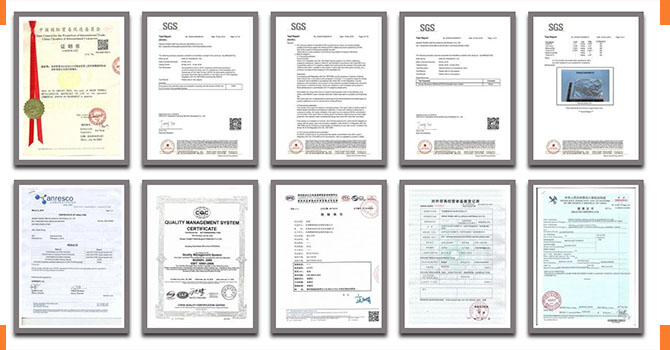
Aluminum foil wrapping may greatly increase the product's shelf life by creating a seal that keeps out light, moisture, and air.
One benefit of using 1235 aluminum foil in flexible packaging is its resistance to moisture. By keeping moisture out, 1235 aluminum foil effectively prevents food from spoiling. Aluminum foil's opacity, which filters light, can cause food quality and flavor to degrade over time.
Because aluminum foil creates a barrier that blocks out air, moisture, and light, it can significantly extend the product's shelf life.
Conductivity comes first. Excellent conductivity, which is necessary for the effective operation of electrical systems, is ensured by the high purity of 1235 aluminum foil. Second, because aluminum foil is lightweight, electrical equipment weighs less overall, which improves efficiency and ease of handling. To assist control heat in electrical equipment, aluminum foil is frequently utilized in thermal insulation applications. Capacitors, which are crucial parts of electrical circuits, employ 1235 aluminum foil as a conductive material. In transformer windings, where its conductive qualities are crucial for effective operation, aluminum foil can also be utilized.

Because 1235 alloy is recyclable, we may utilize it often in our daily life. Because 1235 aluminum foil can be recycled repeatedly without losing its qualities, it helps with packaging and industrial sustainability initiatives. Recycling is an ecologically good option since it uses a lot less energy than producing new aluminum. Industries may lessen their carbon impact by employing aluminum foil. When utilized in packaging and insulating applications, aluminum foil's lightweight qualities assist save transportation expenses and emissions.
Excellent 1235 aluminum foil has several uses, particularly in electrical components, flexible packaging, medicines, and insulating materials. It is a popular option for producers in a variety of sectors because to its high purity, superior barrier qualities, and adaptability. Demand for 1235 aluminum foil is predicted to increase as businesses continue to place a higher priority on efficiency and sustainability, hence enhancing its standing as a crucial part of contemporary production and packaging solutions.

